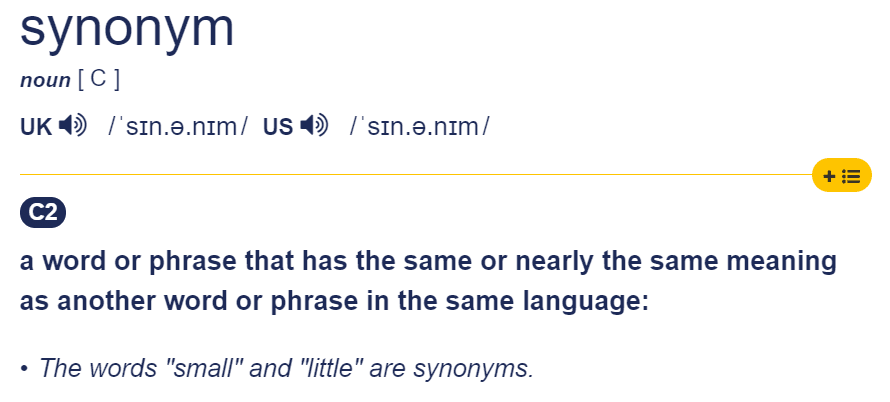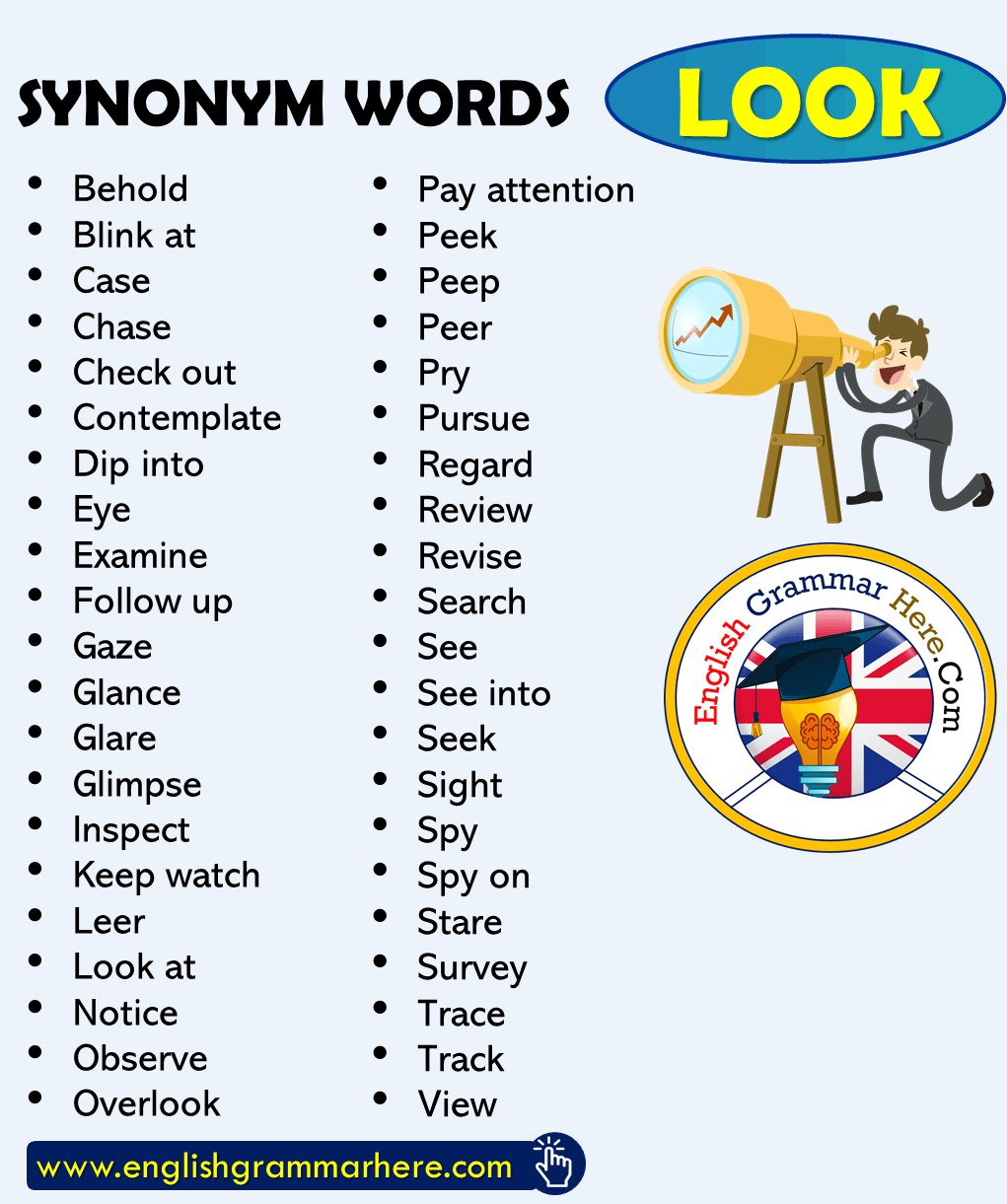

If you’re not sure how to judge your own writing, then it’s useful to check how your texts score with an online readability tool. Don’t use words like “equanimity” or “obfuscate” when words like “calm” or “confuse” will do. So website content that’s accessible and easy to read will naturally reach a wider audience.įocus on using nouns and verbs. Long sentences are for Charles Dickens-the short attention span of today’s reader demands sentences of 35 words or fewer. These two graphs can help you conceptualize the structure of your site. The less important information-such as conference organizers, the history of the conference series or a list of related resources-would appear at the bottom of the page. Supporting details like speakers and their lecture topics would follow. The most pertinent details-a description of the theme, date, and location-would appear at the top of the page. Then, gradually drill down to the more specific, supporting information.įor example, say you’re creating a web page about a conference. The most important messages go at the top of the page. Structure your content like an upside-down pyramid or cone.

Web readers have short attention spans-they’ll decide whether your site has the information they need in seconds.

Think of your audience again: what search terms would they type into Google? If you’re posting a resume online or making a website for your freelance work, what kind of jobs are you looking for? Make sure to include those terms in headlines and sub-headers. Text could be extremely well-written and informative, but if it’s not optimized for search engines, chances are few people will find it. That last method is especially important when you write for the web. What kind of questions might these groups ask about a particular topic? Where are they most active online? What kind of information do they need?Īudiences find web content through many different paths-social media sharing, links from other websites, email sharing, and search engines. You’ll need to make sure your content is both accessible and interesting to all of these audiences. However, your secondary audience is much broader and could include other professionals, reporters, or anyone who might need your services in the future. Your primary audience might be existing clients. Before drafting content, ask yourself these questions: Who is my primary audience? What about a secondary audience who can influence and inform my primary audience? How will they find my site online?įor example, say you’re creating a coaching website or an online portfolio.

It sounds simple, but so many writers put pen to paper-or finger to keyboard-before thinking about who it is they’re trying to reach.


 0 kommentar(er)
0 kommentar(er)
